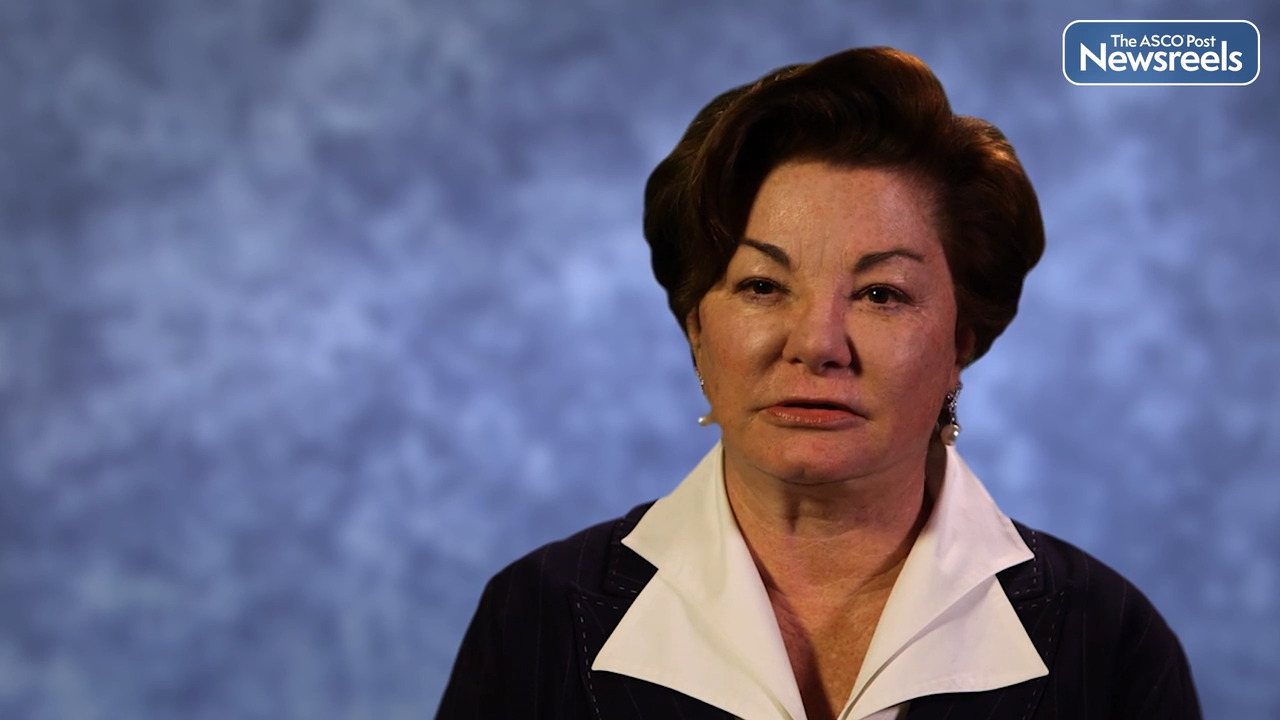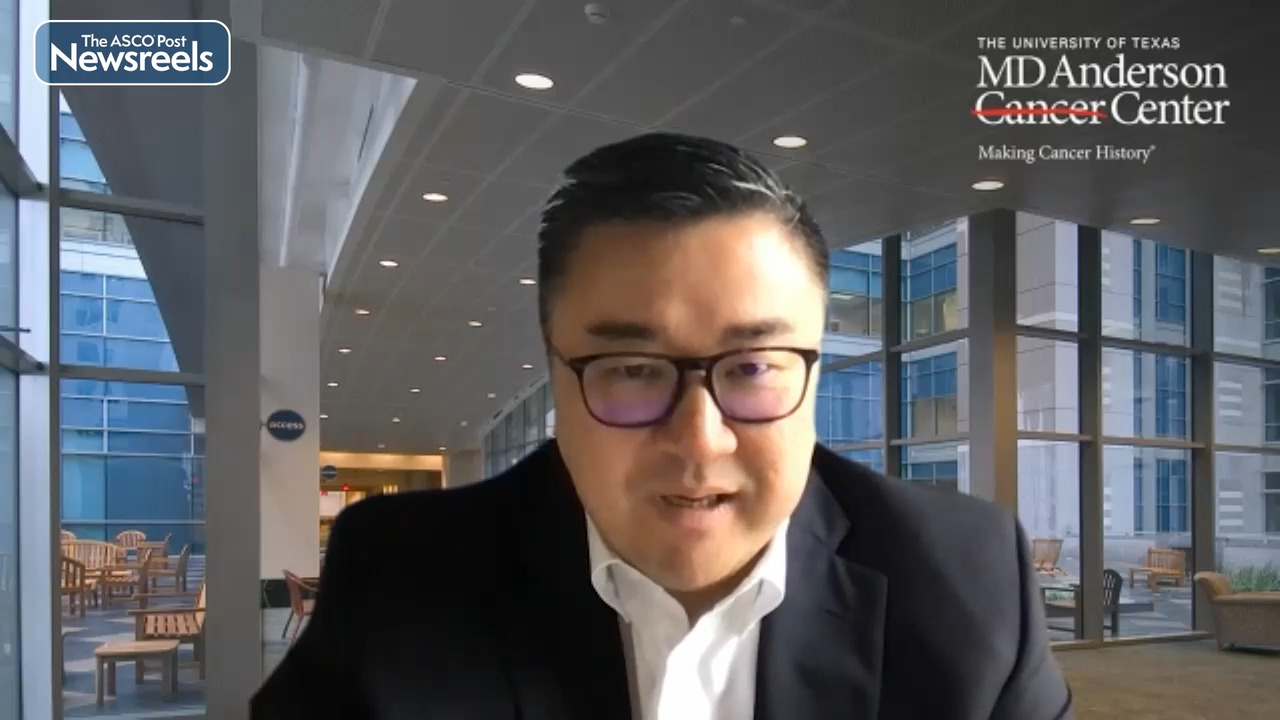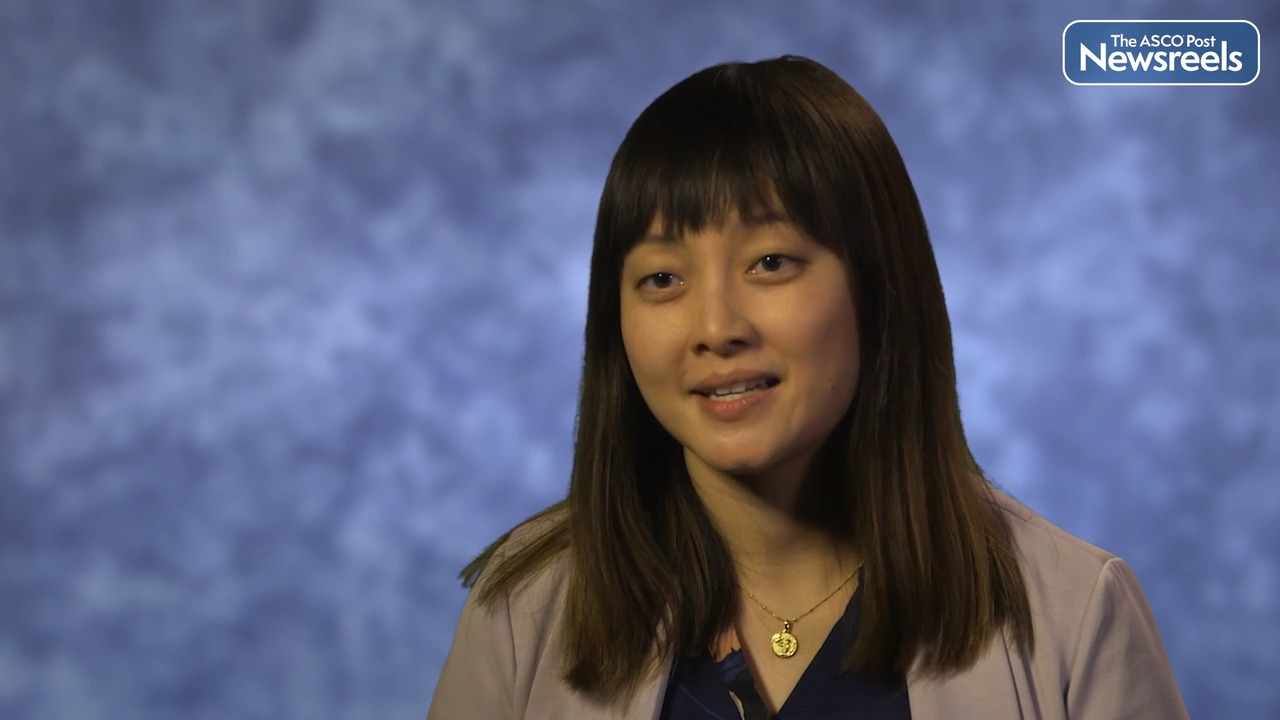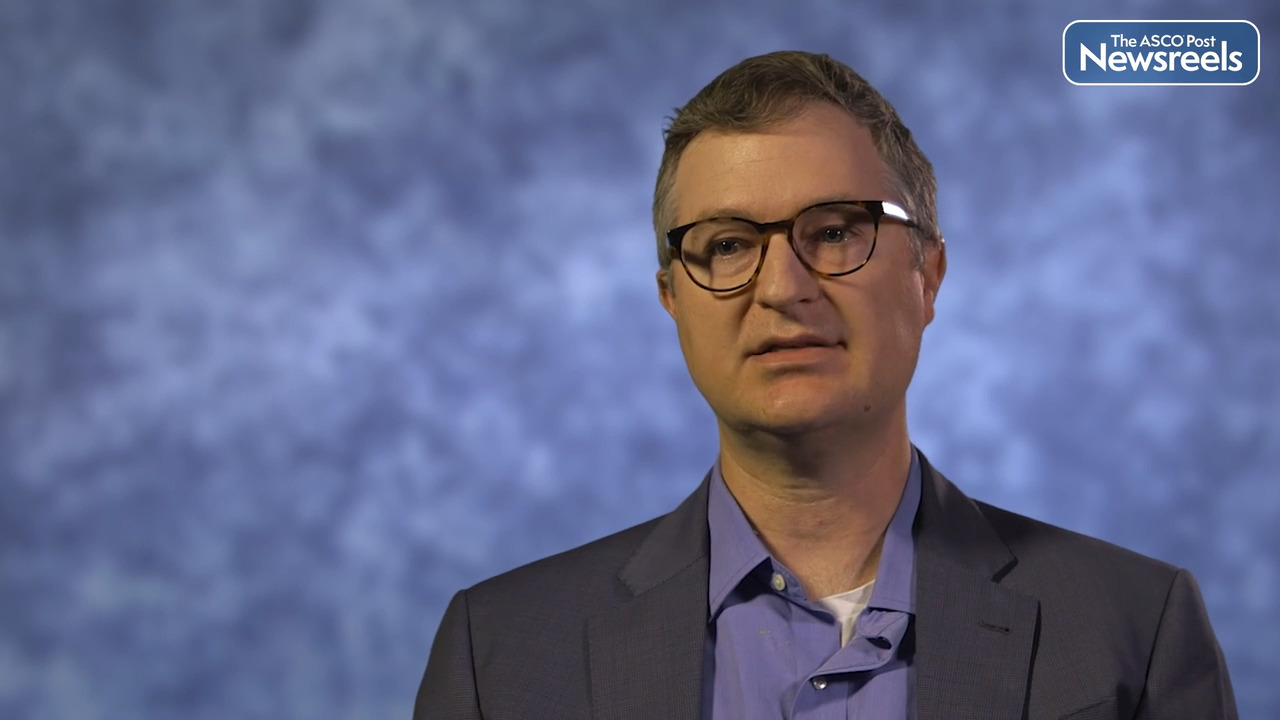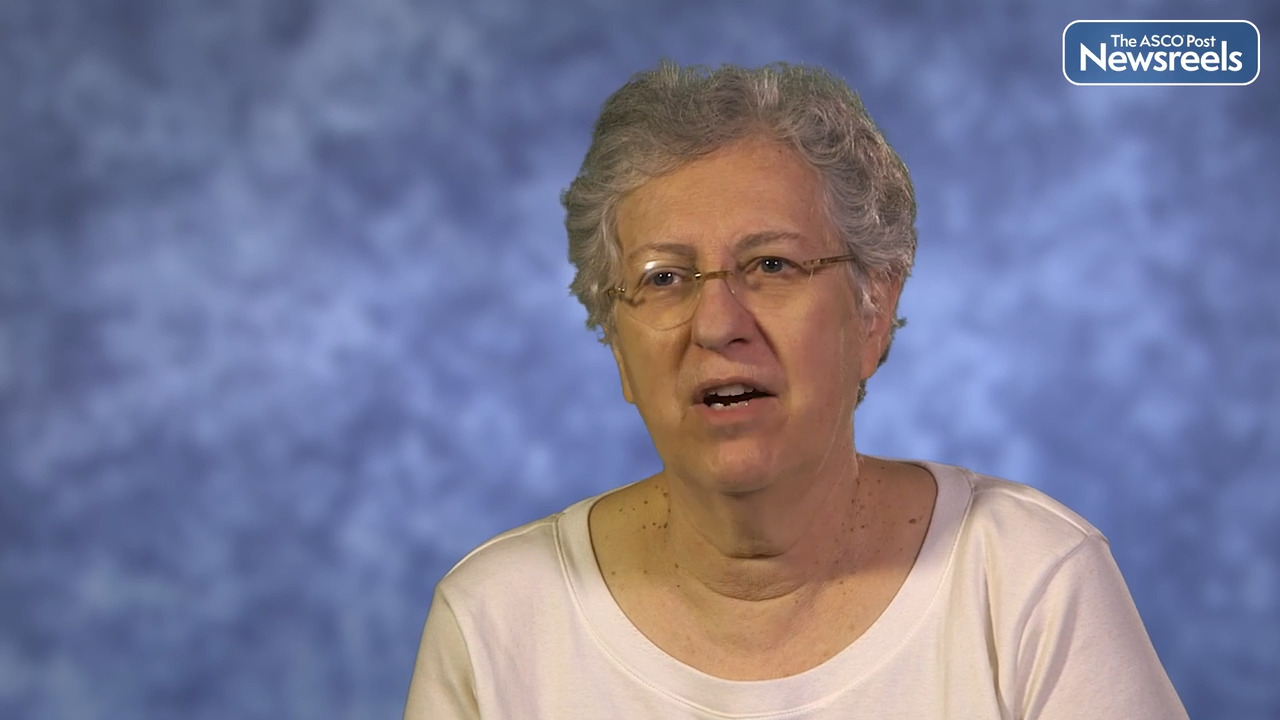Vivek Subbiah, MD, on Designing Clinical Trials for Precision Oncology
AACR Annual Meeting 2022
Vivek Subbiah, MD, of The University of Texas MD Anderson Cancer Center, talks about innovative design of clinical studies that may help demonstrate clinical benefit in precision medicine and advance treatment to deliver the right intervention to the right patient at the right time (Abstract DC06).
The ASCO Post Staff
Cheryl L. Willman, MD, of the Mayo Clinic Comprehensive Cancer Center, discusses the profound cancer health disparities among Native Americans, exacerbated by low rates of screening and limited access to care. Dr. Willman is heading an effort to promote community engagement in comprehensive genomic sequencing with the hope that researchers will discover novel mutations and genome-wide mutational signatures that can ultimately be translated to improved screening and therapy in this population (Abstract PL03).
The ASCO Post Staff
Timothy A. Yap, MBBS, PhD, of The University of Texas MD Anderson Cancer Center, discusses results from a phase Ib expansion trial of the safety and efficacy of the oral ataxia telangiectasia and Rad3-related (ATR) inhibitor elimusertib in advanced solid tumors with DNA damage response defects. Elimusertib is a selective inhibitor of ATR, a key regulator of responses to DNA damage and replication stress, with antitumor activity in preclinical models of various solid tumors and lymphoma (Abstract CT006).
The ASCO Post Staff
Jia Luo, MD, of Dana-Farber Cancer Institute, discusses the emerging class of cancer therapies for allele-specific KRAS inhibitors and the importance of their distinct clinical, genomic, and immunologic features. Because KRAS G12D–mutated non–small cell lung cancer is associated with worse responses to immunotherapy, Dr. Luo believes drug development will need to take these differences into account (Abstract 4117).
The ASCO Post Staff
David A. Barbie, MD, of Dana-Farber Cancer Institute, discusses his laboratory’s studies, showing that malignant pleural mesothelioma, an inflamed cancer type with marginal response to immune checkpoint blockade, demonstrated high tumor cell STING expression and response to STING agonists in combination with natural killer cell therapies ex vivo. STING is the tumor cell stimulator of interferon genes (Abstract 4168).
The ASCO Post Staff
Patricia M. LoRusso, DO, of the Yale University School of Medicine, discusses how patients may benefit in the coming decade from discoveries about agents that target KRAS, and how important the approval of sotorasib turned out to be, as well as other agents in the research pipeline. Dr. LoRusso also talks about the scientific advances in tackling inhibition (Abstract SY20).
